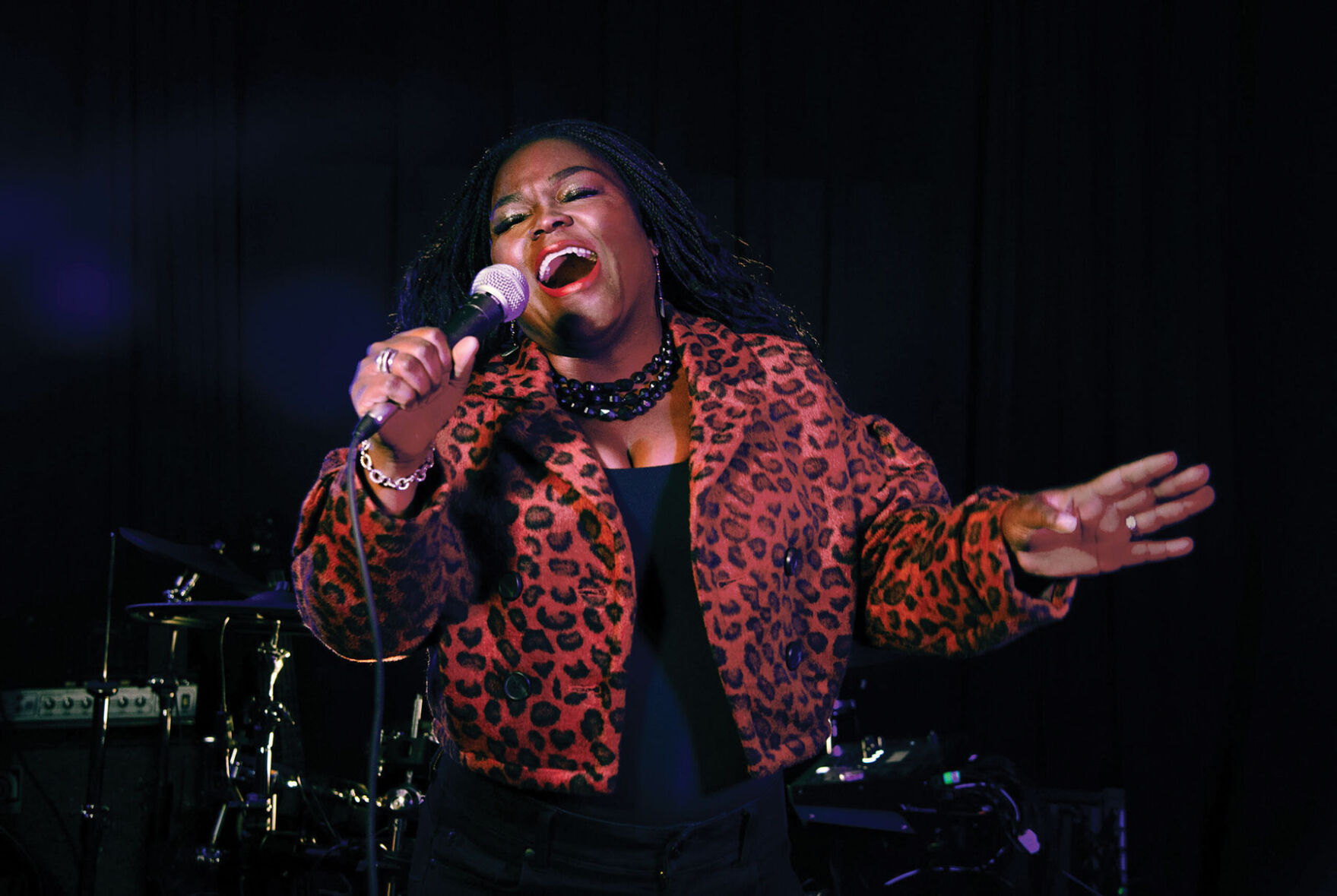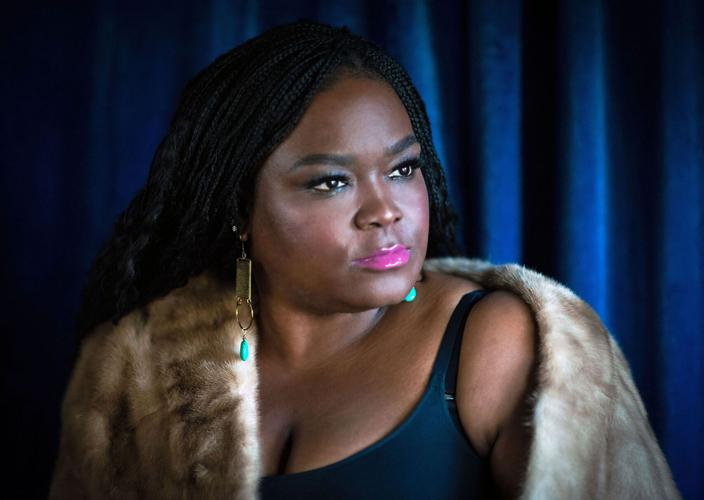
Shemekia Copeland
Throughout its history, the blues has been filled with women willing to stand up against injustice and speak their truth. Think of Mamie Smith, whose “Crazy Blues” — arguably the first commercially successful recording in the genre — challenges racist and sexist views on Black women’s femininity. Or Ma Rainey’s “Cell Bound Blues,” which critiques abuse from male partners and the blind eye turned by society. Jump forward a few decades to Billie Holiday’s “Strange Fruit,” a haunting and grisly depiction of lynching that captures the collective horror and grief of African Americans. And then there’s Shemekia Copeland, whose booming voice and attentive pen capture modern struggles with tact and grace.
Her oeuvre is intensely expressive and evocative. Her three most recent records form a trilogy that comments on race, oppression and politics. The idea began in the wake of 2018’s America’s Child. Written directly after the birth of her son, the record features an array of guests like John Prine and Emmylou Harris, and several songs by revered writers like Mary Gauthier. Next came Uncivil War, recorded in December 2019 and released 10 months later. It earned her a fourth Grammy nomination and critical acclaim as one of the best blues singers of her generation.
“But then, all hell broke loose,” Copeland tells me over the phone, in reference to 2020. “There was just so much horrible stuff happening in our country during that time. And I felt like, ‘Oh my gosh, I really want to talk about this.’”
Copeland’s latest record, 2022’s Done Come Too Far, grew out of anxieties heightened that year, including the election, the pandemic and police brutality. In her words, it’s a “time capsule” for the era. The first track, “Too Far to Be Gone,” is a blistering guitar number centered on civil rights history, making reference to Rosa Parks on the bus in Montgomery, Ala., John Lewis on the Edmund Pettus Bridge and Martin Luther King Jr.’s last moments at the Lorraine Motel in Memphis. It’s a manifesto against racial violence: the hate that terrorized Parks, fractured Lewis’ skull and murdered King. Not just that, but it’s a plea for the next generation not to forget where they came from while continuing the forward march toward progress. Maybe it’s because of her recent Grammys appearance, but I’m reminded of Tracy Chapman, whose tender voice criticizes systems that pin down Blacks and whites alike.
Done Come Too Far was heavily influenced by the anxiety around raising a child today. “The Talk” expresses the fear of raising a son in a police state that constantly targets African American men. The song captures a parent’s delicate discussion with her son about police brutality, something no parent should have to fear but so many must. It ends on a haunting note: “As sure as you’re Black / There’s a target on your back.”
“Ever since he was able to talk,” says Copeland, referring to her son, “I’ve been telling him, ‘Discipline will save your life someday.’”
The next song, “Pink Turns to Red,” is also dedicated to him. It’s a biting, painful recollection of a school shooting, especially poignant in light of the Covenant School shooting. The song directly references radio host Alex Jones and the conspiracy theories he promoted about the Sandy Hook school shooting — “Said it never happened, it was fake / How much more can we all take?” — before reflecting on the senseless pain of gun violence.

Shemekia Copleand
Copeland’s own history is steeped in the blues. Born in Harlem, her childhood was spent around guitars and clubs, soaking up musical knowledge from her father, famed musician Johnny Copeland. In the ’50s, he recorded blues records throughout the South, but moved to New York City in 1976. Three years later, he signed to Rounder and put out a phenomenal run of records culminating in the Grammy-winning Showdown!, a collaborative album with Albert Collins and Robert Cray. In his later years, the elder Copeland played at an array of high-profile festivals, including a famous appearance at Montreux Jazz Festival with Stevie Ray Vaughan.
Against this backdrop, Shemekia Copeland first began considering a career in music. “It was always around the house,” she says. Her first time onstage was at the legendary Cotton Club, the Harlem venue where artists like Duke Ellington and Cab Calloway honed their skills. From there, she went on tour opening for her father, and it’s been a wild ride ever since, including four Grammy nominations, playing at the White House, opening for The Rolling Stones, meeting her musical heroes like John Prine and releasing some damn good blues records.
“I cherish all the great moments that I’ve had, you know, but the greatest moments haven’t happened yet. … [I’m] just looking forward, no matter what.”








